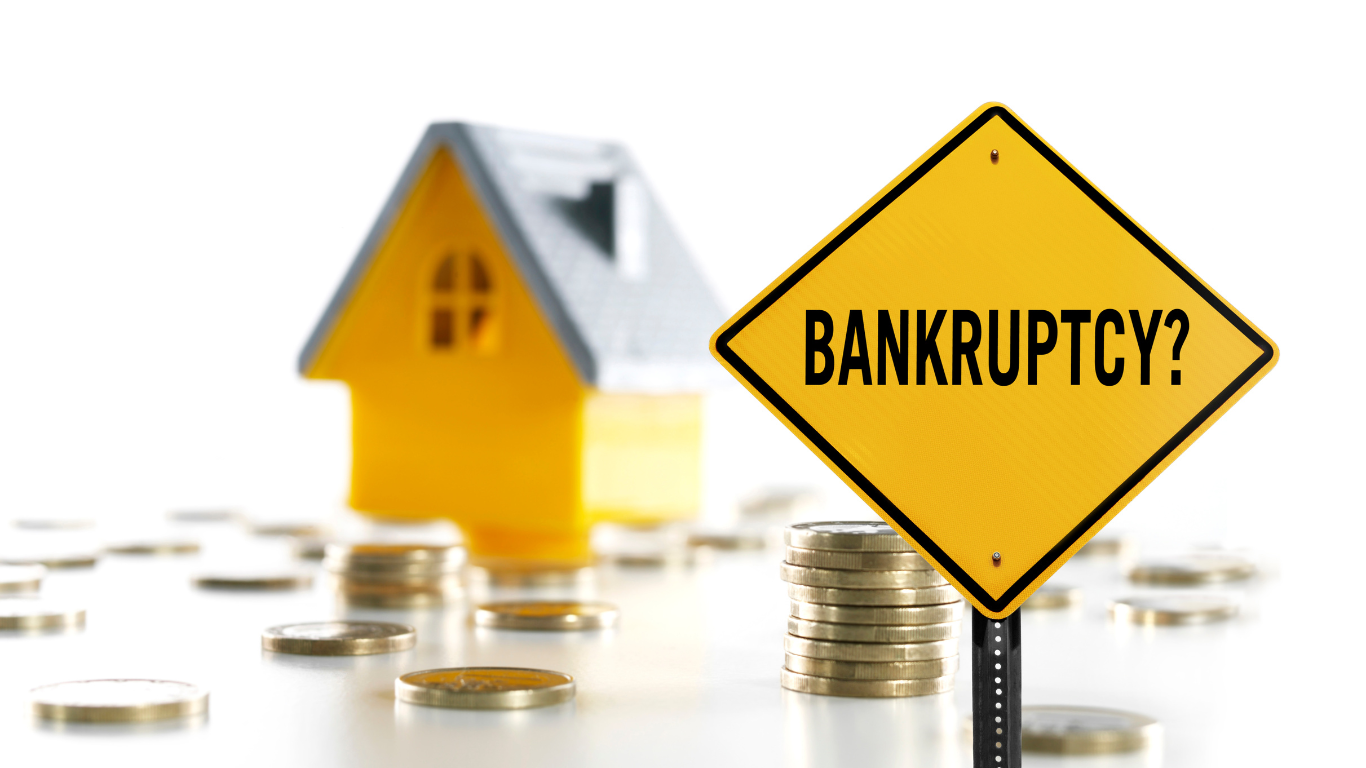The foreclosure process can be frightening, so if you’re a homeowner in South Carolina facing foreclosure, you should know that you’re not alone. Whether you are starting to fall behind on payments or are already being threatened with foreclosure in South Carolina, it can be overwhelming to not know what to do or where to turn to get help.
In this blog post, we will explain the South Carolina foreclosure process and your options if you find yourself facing foreclosure. Additionally, you will learn how to prevent foreclosure. For more information about the foreclosure process, whether it’s your first time facing foreclosure or just curious about how it works, keep reading.
What is a Foreclosure, and How Does it Work in South Carolina?
In a foreclosure, a lender tries to recoup loan balances by forcing borrowers to sell the collateral.
The state of South Carolina is a judicial foreclosure state, which means a bank or lender must file a lawsuit in order to foreclose on your home. With some exceptions, lenders cannot begin foreclosure proceedings until you are 120 days past due on your payments. A 120-day window gives most homeowners sufficient time to submit a loss mitigation application.
How to Avoid Foreclosure
Even if you are facing financial difficulties, you may still be able to avoid foreclosure in South Carolina.
Make a Deal With Your Lender
It is always a good idea to talk to your lender first. A payment plan that allows you to make smaller payments over time may be possible if you explain your financial situation.
Request a Loan Modification
In the event that you have difficulty keeping up with your mortgage payments, you may be able to apply for a loan modification. In a loan modification, the terms, such as interest or repayment period, can be adjusted.
Sell Your Home
When your finances are tight, and you can’t seem to find a way out, selling your home may be the answer. You can avoid foreclosure and making a dent in your credit by making this decision, though it may not be easy.
How to Stop Foreclosure
If you’re already in the foreclosure process, there are three ways you can halt the process.
Reinstate the Loan
You may be able to reinstate a loan under South Carolina law, depending on your loan paperwork. Check your mortgage to see if you are eligible for reinstatement. You might be able to reinstate your loan if your lender accepts it.
Redeem the Property
Homeowners have the right to repay their entire debt before the sale takes place, known as the right of “redemption.”
File for Bankruptcy
While bankruptcy may not be the best solution for every situation, it can delay the foreclosure process by several months, allowing the homeowner to avoid foreclosure. Contact a local bankruptcy attorney to learn more about your options.
Foreclosure Intervention
An Administrative Order issued by the South Carolina Supreme Court requires lenders to notify homeowners of their rights to foreclosure intervention to ensure homeowners have a chance to discuss and negotiate potential alternatives to foreclosure. After receiving the foreclosure notice, the homeowner has 30 days to request foreclosure intervention. Otherwise, the case will proceed.
Similar to a loss mitigation process, the South Carolina foreclosure intervention process involves the borrower submitting an application to the lender, who determines whether the borrower qualifies. Unlike other states, South Carolina requires the lender’s attorney to document each step before proceeding with foreclosure intervention.
Homeowners who live in the property and it is their principal residence can use the foreclosure intervention process in South Carolina. Lenders and servicers are required to delay foreclosure proceedings if they participate in foreclosure intervention. In addition, a court overseeing a foreclosure action may require mediation between the parties.
What to Do if Foreclosure is Unavoidable
A qualified professional should always be consulted when dealing with a foreclosure. In order to achieve the best outcome for your family, you must understand your rights and options.
The Judicial Foreclosure Process in South Carolina
After 120 days of delinquency and after any notice periods required by the mortgage contract, the servicer files an initial court filing called a “complaint.”
Upon filing the complaint, the servicer must serve a summons along with it on the homeowner. In the summons, the homeowner is informed about the suit, where it is filed, how to contact the lender’s attorney, and that their response-called an “answer”-must be filed within 30 days of receiving the complaint and summons.
Homeowners who file an answer will have to attend a foreclosure hearing to determine whether the foreclosure is valid. A judgment against the homeowner will be entered if the court determines that the foreclosure is legal. If the homeowner fails to respond, the lender is likely to win a default judgment, which authorizes the foreclosure to proceed.
The Consequences of Foreclosure
The repercussions of foreclosure can be damaging to homeowners and their communities. A foreclosure can cause homeowners to lose their homes and damage their credit scores, making it challenging to apply for a new home or line of credit. Furthermore, foreclosure is a time-consuming and emotionally draining process.
Communities can also be negatively affected by foreclosures. Foreclosures can cause property values to decline, resulting in a loss of tax revenue and increased crime.
Assistance for Homeowners Facing Foreclosure in South Carolina
The U.S. Department of Housing and Urban Development offers homeowners foreclosure prevention assistance and guidance. The South Carolina Department of Consumer Affairs also offers foreclosure prevention resources.
Avoid Foreclosure in South Carolina by Selling Your House for Cash
The sale of your home may provide you with the solution you need if you are facing foreclosure or having trouble making your mortgage payments. At Favor Home Solutions, we understand how challenging this time can be. For this reason, we are committed to helping you get the best price for your home and guiding you through the entire process.
To accomplish this, our team will:
- Evaluate your situation and make you a fair, all-cash offer
- Close on the date of your choice
- Take care of all the paperwork
- Pay all the closing costs
- Handle cleaning and repairs
- And more!
If you’re interested in learning more about getting a free, no-obligation offer for your home, contact us today!



